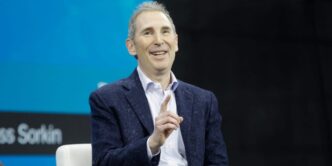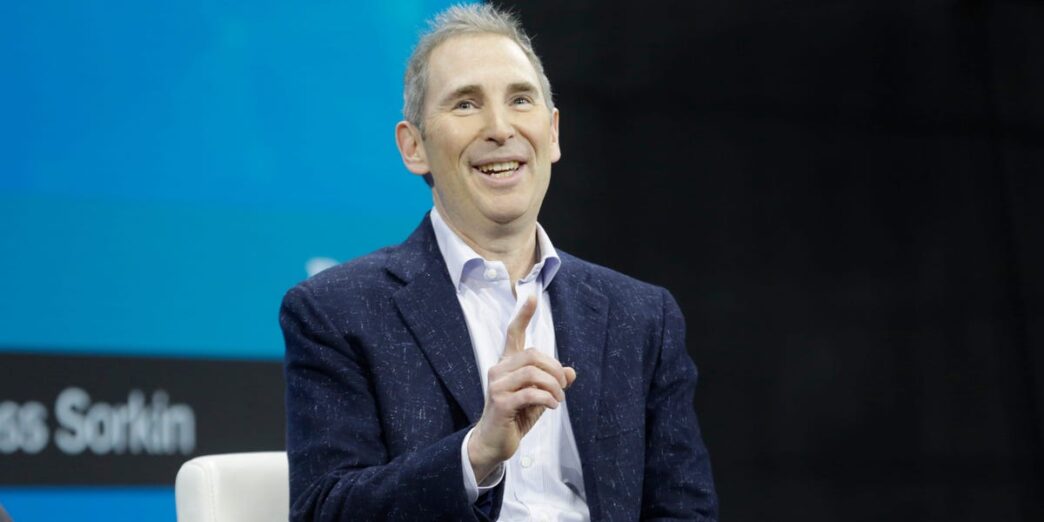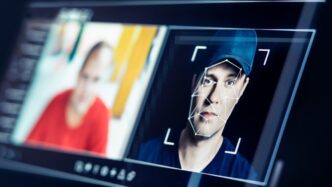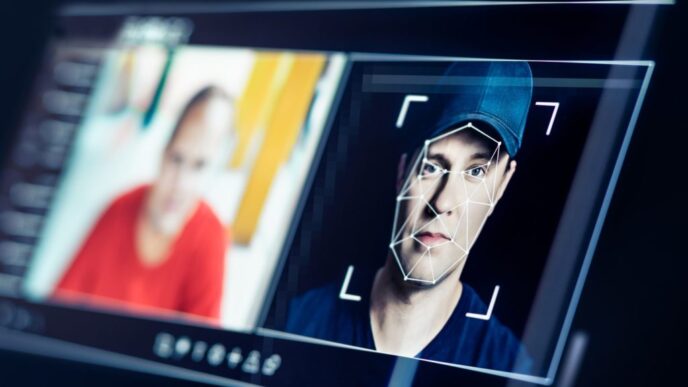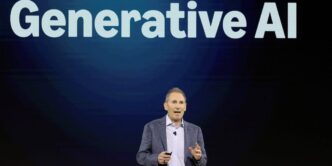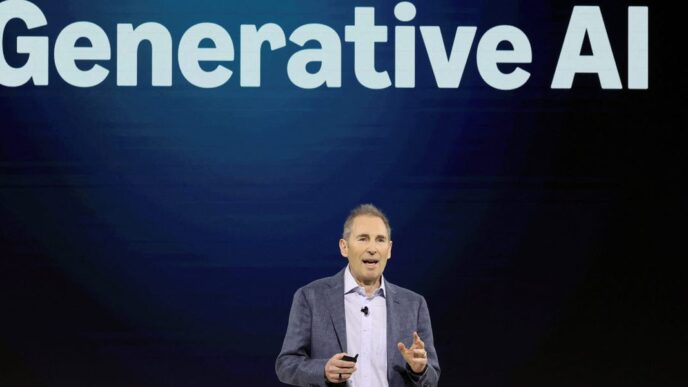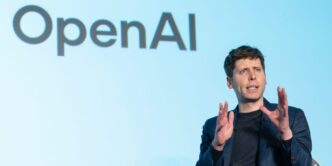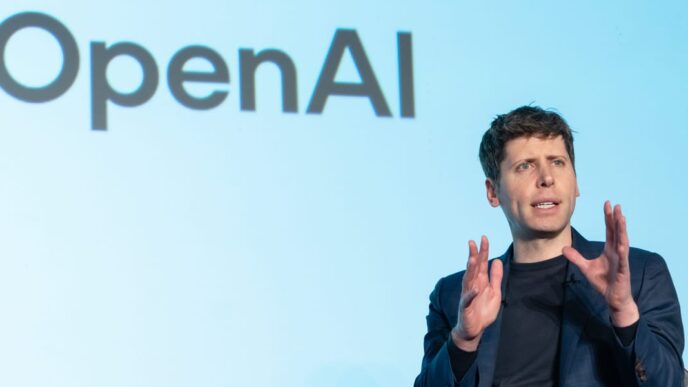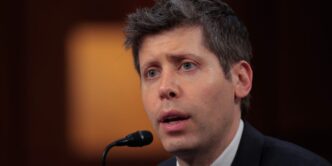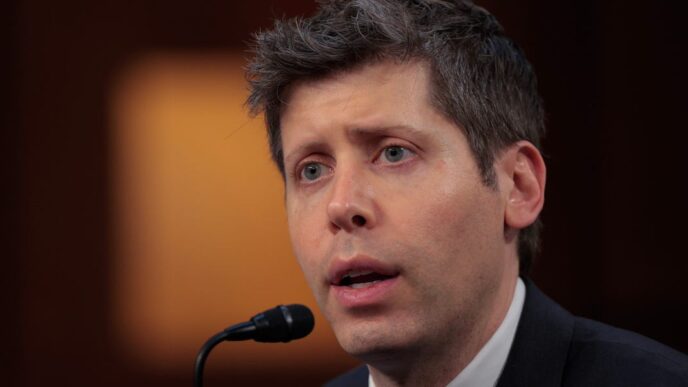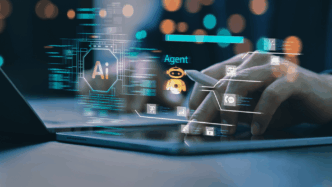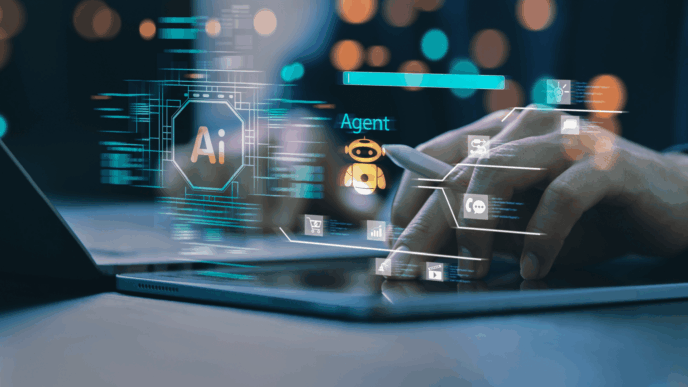Amazon CEO Andy Jassy warns AI is reshaping jobs fast. Some roles will vanish, others will grow. That’s the new corporate reality: adapt or lose out.
Jassy’s blunt message adds to a chorus from top tech leaders pushing AI’s impact on the workforce. OpenAI’s Sam Altman says AI is already matching junior employee work. Anthropic’s Dario Amodei warns half of entry-level desk jobs could disappear in five years. Nvidia’s Jensen Huang expects AI to change “everyone’s” job.
Salesforce’s Marc Benioff says his company won’t hire more engineers in 2025 because AI is boosting current workers’ productivity. He told investors CEOs now have to manage “humans and agents together.”
Duolingo CEO Luis von Ahn plans an “AI-first” shift, cutting contractors as AI takes over tasks. Users see it as firing workers for bots. Von Ahn later admitted on LinkedIn he didn’t explain the move well.
Luis von Ahn wrote on LinkedIn:
"When I released my AI memo a few weeks ago, I didn’t do that well."
"While I don’t know exactly what will happen with AI, it will fundamentally change the way we work, and we have to get ahead of it."
The World Economic Forum’s survey found 41% of employers plan to cut jobs as AI automates work.
Experts say CEOs speaking frankly about AI’s effects might be better than letting employees worry in silence. Johns Hopkins’ Christopher Myers calls ignoring AI “putting your head in the sand.”
Christopher Myers stated:
"If I were an employee, I would be very frustrated with my leader saying, ‘No, we’re still not sure if this is going to have an impact.’"
"Anyone who’s putting their head in the sand is missing a very rapidly changing thing."
Lattice CEO Sarah Franklin warns that AI’s quick rise could reshape org charts from triangles to diamonds — fewer starter roles, more mid-level jobs.
Consultants say many companies aren’t yet getting returns on AI investments. Melissa Swift from Anthrome Insight points to the struggle of changing how people work, not just adding tech.
Melissa Swift added:
"We’re doing the world’s biggest beta test."
Franklin says clear communication and employee buy-in are crucial. No Armageddon, but the shift is coming fast.
Bottom line: CEOs are sounding the alarm that AI will change jobs — and soon. The message is clear: adapt or get left behind.
